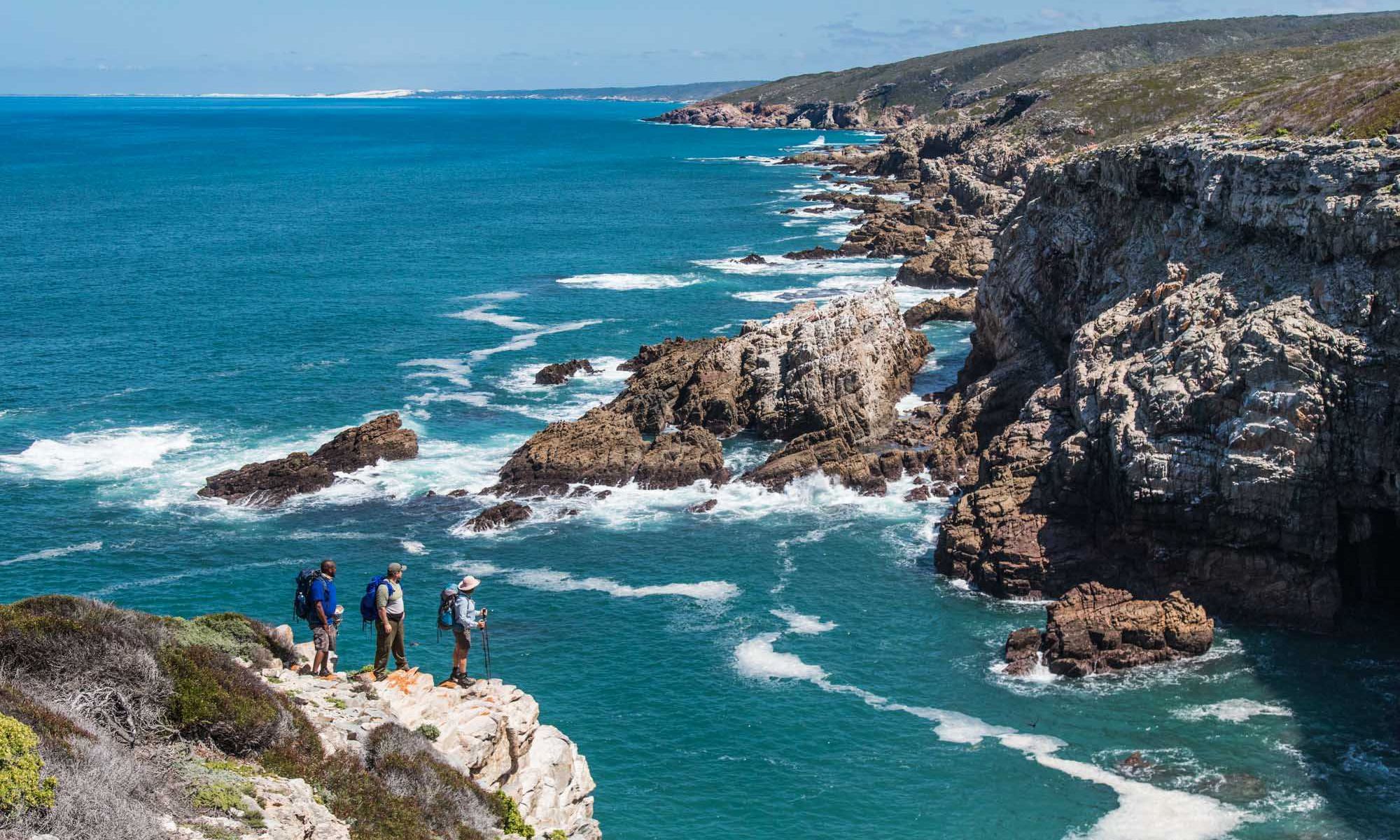Another first for the Cape mountain zebra genetic rescue project
The Cape mountain zebra known as GB42 has had an exciting year! In January, this stallion from Gamkaberg Nature Reserve sired a foal with genetic material from two of the three genetically distinct stocks of the species. In March, there was proof that 2023 was a busy year for GB42 after a second foal was born with genes from all three stocks.
The foals were born at Sanbona Wildlife Reserve as part of a genetic rescue project, developed by CapeNature and Sanbona. The entities also collaborated with genetic experts from SANBI and the University of Venda. The aim is to restore the lost genetic diversity of the Cape mountain zebra by mixing genetic stocks that were artificially isolated from each other decades ago, namely the Cradock (C), Kammanasie (K) and Gamkaberg (G) stocks.
In 2021, stallions from Gamkaberg were introduced into a dedicated genetic rescue camp in Sanbona. The following year, a group of mares was added. Some females were of C stock, but others were descendants of mixed C-K stock zebras, which were sent from De Hoop Nature Reserve to Sanbona in 2016.
Each Cape mountain zebra has a unique stripe pattern, and CapeNature along with Sanbona, maintain zebra photo-identification kits and studbooks, making it possible to identify individuals and track their history.
When Sanbona ecologist Liesl Vorster spotted the first foal born to the project in January, she noticed that two other mares in the rescue camp looked rather plump. Her suspicions were confirmed in March when seven-year-old SWR3 gave birth to the first foal from all three genetic stocks.
SWR3 is not only the first Cape mountain zebra foal ever born at Sanbona, but she is also the first foal born to the batch of zebra moved from De Hoop to Sanbona. When she was moved to the genetic rescue camp in 2022, she aborted a pregnancy, and there were concerns that she might have long-term fertility issues. Dung samples were analysed by a researcher at the University of Manchester, indicating that she had not resumed her reproductive cycle six months after the move. This fear was laid to rest – not only can she breed, but she has produced the only foal in the world from all three genetic stocks.
CapeNature CEO Dr Ashley Naidoo said, “The ongoing success of the Sanbona genetic rescue project is a beacon of hope for conservation efforts. Through innovative collaboration and dedicated effort, we are not only restoring the genetic diversity of the Cape mountain zebra, along with our partners at Sanbona, but also setting a precedent for effective conservation strategies.
“These recent births are a testament to the resilience and adaptability of these animals and a reminder of the importance of our continued efforts to protect and restore species at risk.
Related News
How can I assist you today?
How can I assist you today?



